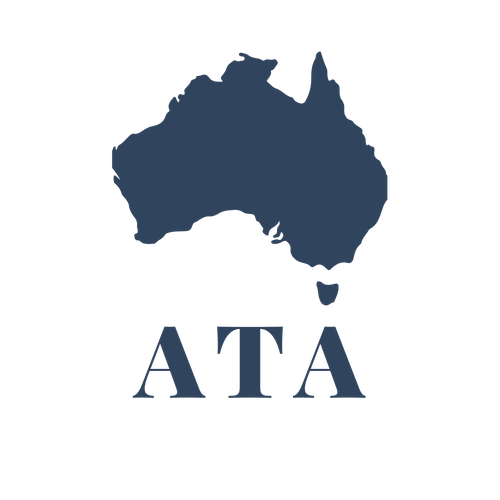Straight from the Dastyari Playbook
Australia’s own Peter Perfect Premier Mr Malinauskas has faltered this week, revealing a true agenda to stifle political opposition in South Australia. Prima Facie, his move to outright ban ALL political donations is enough to turn heads of some of the most disenfranchised voters who want to shake things up. Yet, when you scratch the surface and brush past his fawning pack of Audi Mums from Adelaide’s southern suburbs, it becomes clear this is a regurgitation from the old school Labor party playbook.
On Wednesday night at the Bob Hawke Prime Ministerial Centre (how auspicious of him), Malinauskas unveiled what he labelled a “world-first” policy to outlaw all donations and gifts to political parties with hefty fines and prison terms awaiting those who fall foul of the incoming laws. Rulebreakers risk a fine of up to $50,000 or up to 10 years jail. A diminished influence of billionaires, politicians who focus more on everyday Aussies, and no more under the table deals, who could complain right? Not quite, Pete.
First off, this idea is not original, in fact, it’s about as rehashed as the old episodes of M*A*S*H that play on afternoon free-to-air TV. Indeed, it was former Senator Sam Dastyari, known as Shanghai Sam to his clients, that ironically called for a ban on political donations as recently as 2017. If you’re unfamiliar, Dastyari was forced to resign from the shadow frontbench following revelations he’d had multiple expenses paid by a Chinese company which had the potential to jeopardise Australia’s national security. However, Dastyari’s new-found policy stance on donations was not some epiphany he’d had on cleaning up a dirty profession he once ruled, rather it was an elaborate attempt to enshrine power to the NSW Labor Party.
The common streak behind Malinauskas and Dastyari is their complete free pass given to the true culprits we often see attempting to influence our political process. Unions and third party campaigns, often aided and abetted by governments, have produced the most well-funded and intrusive campaigns in recent memory. Through expansive industrial relations law, unions were given the green light to make their way into every staff room, site meeting and hospital emergency room, spruiking the merits of an otherwise entirely unrelated Indigenous Voice to Parliament. Whilst ultimately not effective (failing heavily in every single state), there was certainly no shortage of the Yes campaign getting their propaganda in front of us.
When we re-examine exactly what it is Malinauskas seeks to outlaw, it appears to be the more conventional approach of campaign donations and fundraising to a specific party. In recent times, we saw a well-backed campaign by billionaire Clive Palmer to resurrect the United Australia Party as recently as 2022. Despite an oversaturation of adverts and time on the airwaves, the UAP only managed to salvage a sole senator in the embattled state of Victoria, still reeling from a two year period of relentless lockdowns. Put simply: it’s not easy for a party to simply buy an election in Australia. But what about those already in parliament who are led astray by wealthy backers?
From the perspective of the donor, it is denying them the financial freedom to invest capital in causes they may care deeply about. A foolproof long term solution to avoiding conflicts of interest or quid pro quo that Malinauskas could adopt, would be to begin winding back government projects that could otherwise be undertaken by the private sector. A ban on political donations is evaded most easily by major parties who have the legal counsel and established networks to throw intimate functions where you aren’t technically paying for access to a politician, but rather a drastically overpriced steak dinner. Whether it’s a donation ahead of an election campaign or a cushy job on an advisory board post-politics, it’s nye impossible to eliminate political favours among the well-connected, unless we have structural reform that redefines the role of government, not as the provider, but as nothing more than the protector of individual rights and liberties. For Malinauskas to pretend anything else suffices is an act of political posturing and showmanship. But hang on, all we’ve demonstrated so far is that these laws won’t do much, right? Who suffers? Yet again, taxpayers.
Not at all inclined to weather the drawback in campaign funds themselves, Malinauskas and the ALP have sought to increase the public funding of elections in South Australia. His proposed reduction in the spending cap will be offset by the $3.78/vote given in return to political parties, costing the taxpayer over $2.922 million over the 2024/25 financial year. With dwindling membership rates, it’s a little known fact that major parties are forced to rely more heavily on public funding of elections. A former UK Prime Minister once said “the problem with socialism is that you eventually run out of other people’s money”. Thatcher cautioned us with those words in 1983, perhaps Premier Pete’s idea is not so “world-first” after all.
